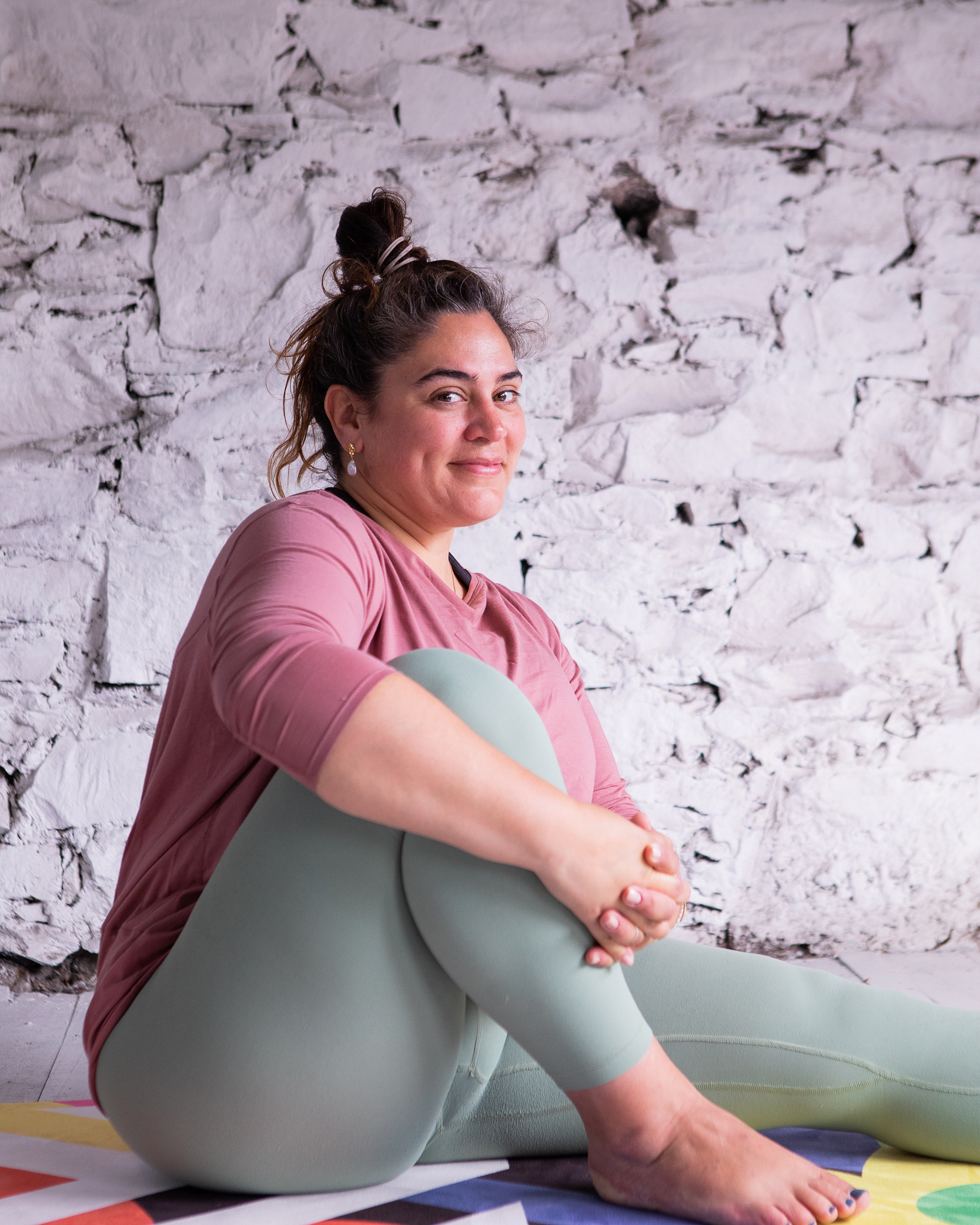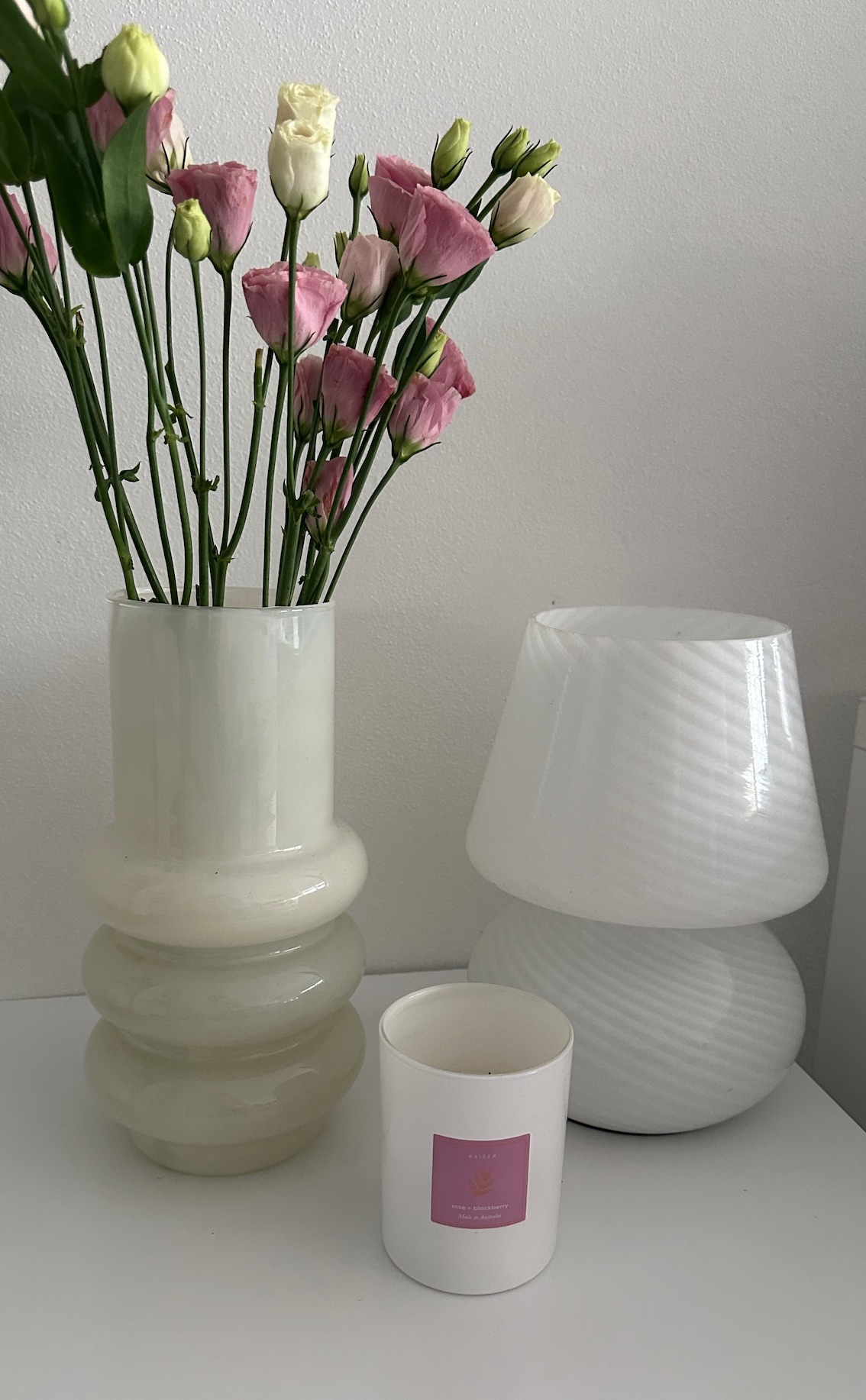Anxiety isn’t just a buzzword; it’s a daily reality for many, and while most of us are clued in on how it messes with our minds, not everyone is aware of what it’s doing to our bodies. You might be surprised to learn that the effects of anxiety go far beyond those butterflies in your stomach, influencing everything from your heart to your skin.
The Brain-Body Connection of Anxiety
When anxiety kicks in, it’s not just your mood that takes a hit—your entire body does too. Think of anxiety as a false alarm your brain sends out, putting your body on high alert. This alert triggers the “fight or flight” response, where your body prepares to defend itself. Even though there’s no real threat, your nervous system doesn’t know that, and the effects can be felt everywhere from your heartbeat to the tips of your toes.
Heart and Cardiovascular System
Ever felt your heart race during a moment of high stress? That’s anxiety at work. Anxiety can cause rapid heart rate, palpitations, and even raise your blood pressure. Over time, these symptoms aren’t just uncomfortable—they can lead to serious heart issues. Chronic anxiety ups the ante on your risk for cardiovascular diseases, and let’s be honest, nobody wants that added stress!
Digestive and Excretory Systems
Anxiety can turn your stomach into a knot, literally. It messes with your entire digestive tract, leading to symptoms that can include nausea, diarrhea, and even chronic conditions like Irritable Bowel Syndrome (IBS). It’s like your stomach is on a rollercoaster that it never signed up for, making every day a potentially bumpy ride.
Immune System Disruption
It turns out, being a worrywart can actually make you sick. When you’re constantly in a state of anxiety, your body’s stress hormone, cortisol, stays high, which might sound heroic but is actually a villain in disguise. High cortisol can suppress your immune system, making you more vulnerable to infections. So, next time you’re feeling under the weather, it might be worth considering whether your anxiety is the real germ to blame.
Respiratory System
Anxiety doesn’t just make it hard to catch your breath; it can exacerbate respiratory conditions like asthma. This means that an anxiety attack could leave you gasping for air, not just from fear, but because your lungs are actually struggling. It’s a heavy burden to shoulder, literally affecting every breath you take.
Muscular System
Feel tense? Thank anxiety for that too! This uninvited guest can cause your muscles to tighten up, leading to headaches, back pain, and other muscle aches. It’s like your muscles are constantly bracing for a blow that never comes.
Sleep Patterns and Fatigue
If anxiety were a roommate, it’d be the kind that keeps you up at night with loud music and never-ending drama. It can lead to insomnia by making it tough to fall asleep or stay asleep, leaving you feeling like a zombie the next day. This lack of sleep doesn’t just leave you tired—it can make your anxiety even worse, creating a vicious cycle that’s hard to break.
Hormonal Imbalances
When anxiety moves in, it doesn’t just rearrange the furniture; it can overhaul your hormonal balance completely. This includes adrenaline, which fuels your fight-or-flight response, and cortisol, which can mess with just about everything—from your mood to your metabolism. If your body is a concert, anxiety is like a conductor gone rogue, causing the hormone sections to play out of sync, which can throw off everything from your energy levels to your weight.
Skin and Hair
Think your skin and hair are safe from anxiety? Think again. High stress levels can lead to acne breakouts, rashes, and even hair loss. It’s like anxiety throws a party and invites all these unpleasurable symptoms without even asking you. Dealing with spots or clumps of hair on your pillow can be distressing and is often a visual reminder of the toll that anxiety is taking on your body.
By now, it’s clear that anxiety is not just a state of mind but a comprehensive bodily concern. Recognizing these symptoms as more than mere annoyances but as signs that your body is under stress can lead to better overall health management. If you find yourself experiencing several of these symptoms, it might be more than just the occasional bout of worry—your body could be signaling that it’s time to take your anxiety seriously.
When anxiety is a regular visitor in your life, it’s crucial to understand that it doesn’t just make you feel uneasy; it’s actively affecting your physical health. From your heart to your skin, every part of you can be influenced by chronic anxiety. Understanding these connections can help you take better care of yourself, whether that means seeking professional help, making lifestyle changes, or just being more aware of how stress is impacting you.
Addressing anxiety isn’t just about calming your mind; it’s about protecting your body too. So, next time you feel the telltale signs of anxiety creeping in, remember: your body is in this with you. Taking steps to manage anxiety doesn’t just give you peace of mind—it can have a profound impact on your overall health and wellbeing.















